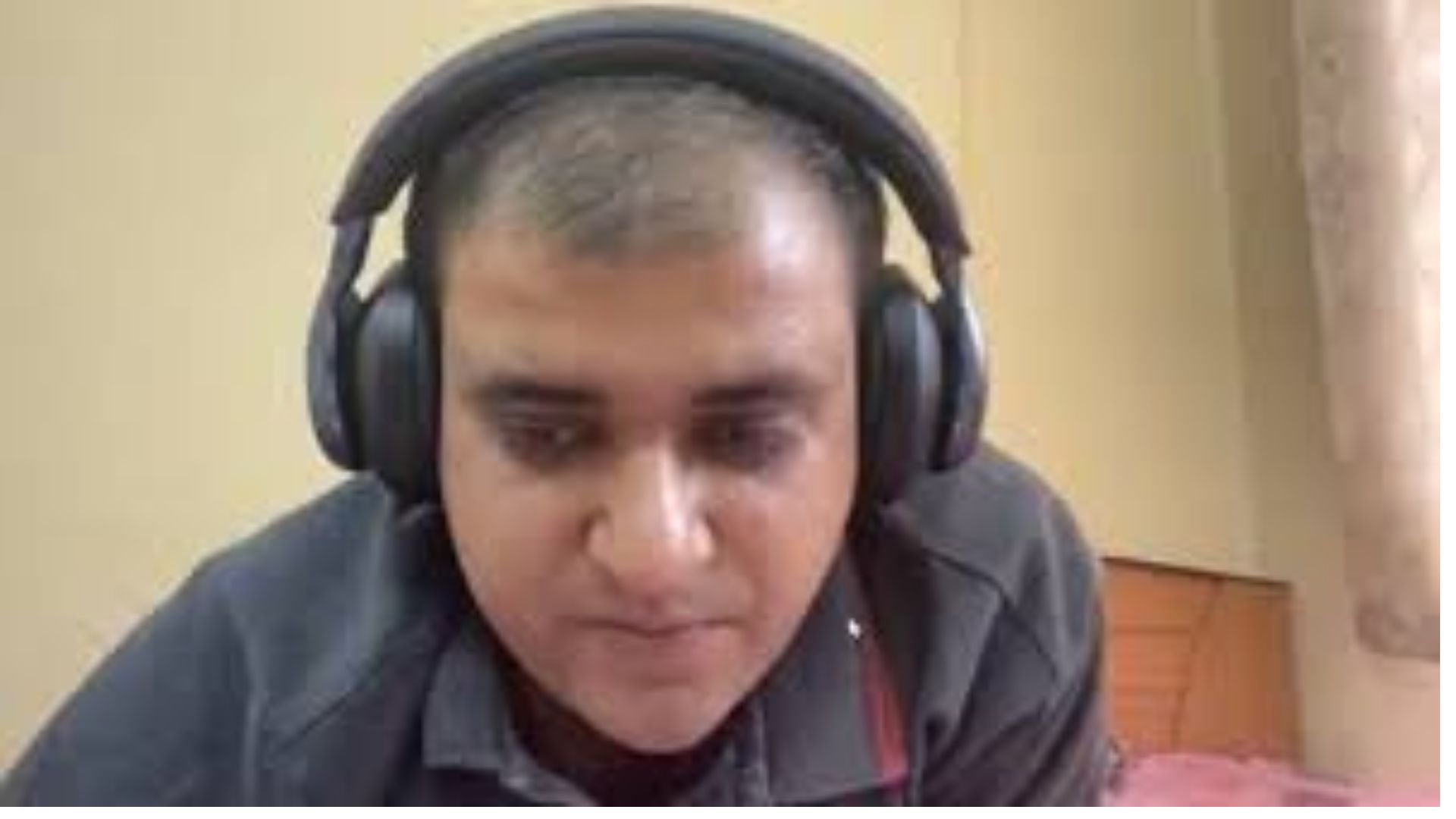In the wake of the tragic suicide of a Bengaluru tech professional, criminal lawyer Advocate Vikas Pahwa has called for urgent reforms to address the misuse of Section 498A, which pertains to dowry harassment. Speaking on the issue, Pahwa described the case as “very serious” and emphasized how the law has been exploited over the years, particularly by disgruntled individuals seeking to extort money from the husband’s family.
As a criminal lawyer with over three decades of experience, Pahwa recounted witnessing the abuse of Section 498A by some within the legal fraternity, police, and individuals filing false cases. He acknowledged that while there are genuine instances of dowry harassment, many cases are filed with the ulterior motive of pressuring the husband and his family into financial settlements. “The misuse of this law has a profound impact on the social fabric of society,” Pahwa stated, noting that not only the husband but also the father-in-law, mother-in-law, and other family members are often falsely implicated. “Most of these cases are baseless, and it is time serious action is taken to prevent such exploitation of the law,” he added.
Pahwa’s comments have drawn attention to the growing concern about the abuse of dowry laws in India. He believes that the current legal framework needs an overhaul to ensure that only genuine cases are pursued. He concluded by stressing the need for reforms to protect families from wrongful legal action and to preserve the integrity of the justice system.
Concerns Raised Over the Psychological Impact of Misused Dowry Laws
In an interview Advocate Sumit Gehlot, known for defending criminal cases, expressed deep concern over the tragic Bengaluru techie suicide case. “This is indeed a very unfortunate incident. From a legal perspective, it highlights critical issues concerning mental health, legal harassment, and the misuse of the legal system,” he stated.
Gehlot acknowledged that while the Dowry Prohibition Act and Section 498A of the IPC were designed to protect women from domestic violence and dowry-related harassment, these laws have unfortunately been misused in some instances. “I’ve witnessed numerous cases where these provisions have been weaponized to harass not just the husband but his entire family,” he explained. This misuse can cause immense psychological distress, financial strain, and, as seen in this case, tragic outcomes. He emphasized that the law must be used for its intended purpose—to protect genuine victims—but safeguards must be put in place to prevent its abuse.
Addressing the issue of false legal cases, Gehlot highlighted that individuals who are victims of such actions have legal recourse. Those falsely implicated can file counter-complaints for defamation or malicious prosecution and seek damages for defamation and harassment. In extreme cases, if false allegations lead to severe consequences like suicide, there could be grounds for criminal charges against those responsible, including for harassment or even abetment of suicide.
Gehlot also stressed the need for greater accountability in the legal system. Recently, in a case involving the quashing of an FIR registered under Section 498A, Justices JB Pardiwala and Manoj Misra of the Supreme Court emphasized that police intervention should be a last resort and only in genuine cases of cruelty and harassment. They urged the law commission and law ministry to re-evaluate the provision.
Calls for Accountability and Reform in the Legal System to Protect Families
Criminal lawyer Ashish Dikshit noted that the legal system often creates an environment where failed marriages lead to prolonged misery for the husband. “I am not generalizing, but the data suggests that when a marriage isn’t working out, the husband is often the primary sufferer,” he said. He explained that when a husband files for divorce on the grounds of cruelty or an irreparable marriage, the wife often retaliates by filing multiple cases against him and his family. “I have termed these cases a ‘bouquet of cases,’ where multiple claims are made in domestic and matrimonial matters, leading to prolonged legal battles,” he added.
Dikshit emphasized that the litigation process itself becomes a punishment in India, where lengthy court proceedings and legal costs can put immense strain on the husband and his family. “Especially for those in the working class, employed in the service sector, they often see a significant portion of their salary going





















